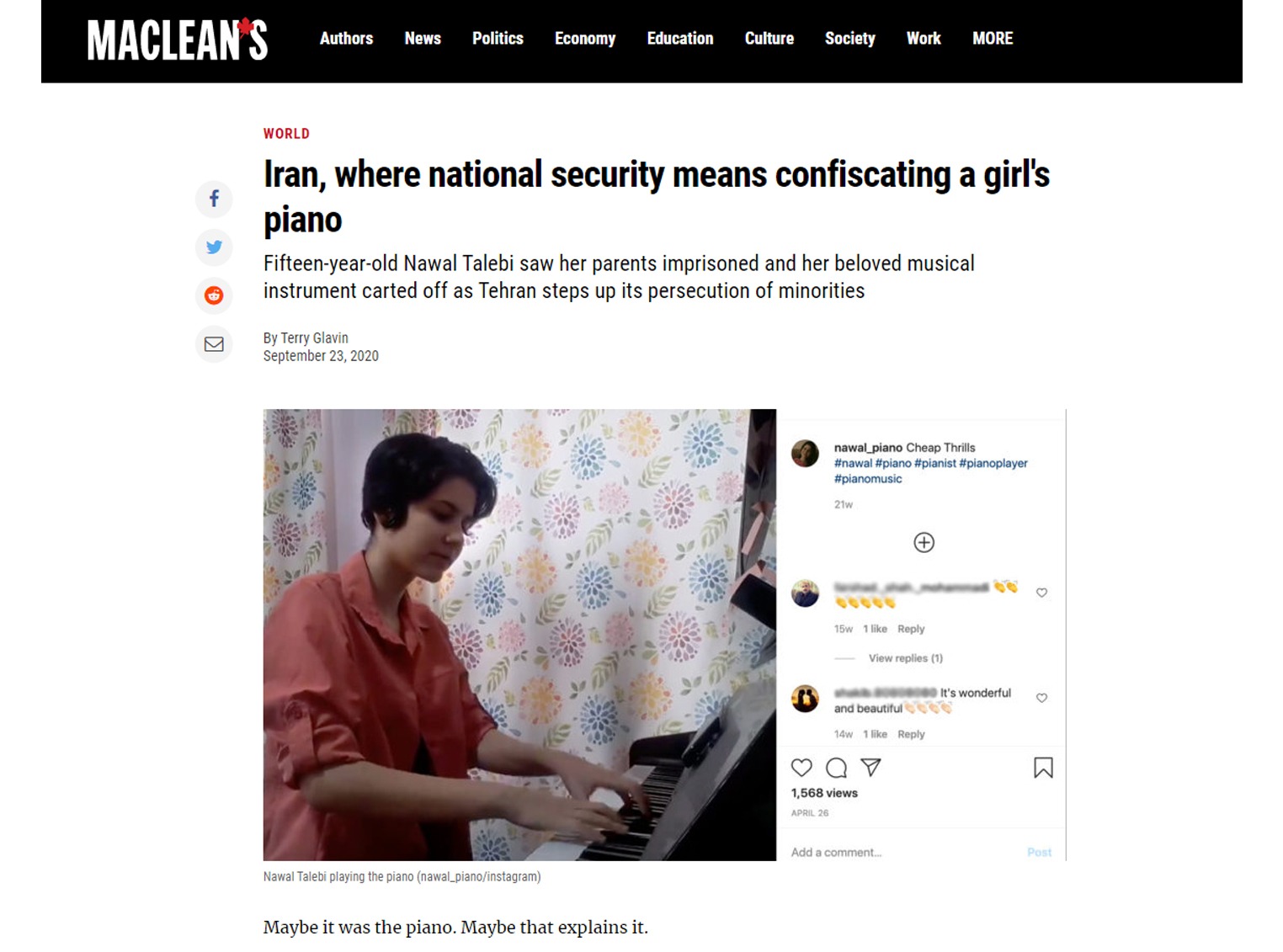The Bahá’í Faith, with its emphasis on unity and justice, has faced longstanding persecution in Iran, where adherents have been imprisoned for their beliefs. These prisoners, often subjected to brutality, provide a poignant glimpse into the resilience and fortitude inspired by Bahá’í teachings. Their voices, resonating from behind bars, not only highlight the urgent plea for justice but also reflect a broader narrative of faith and human dignity.
Central to the Bahá’í teachings is the principle of the oneness of humanity. This doctrine compels followers to see all people as interconnected, fostering a profound sense of empathy and compassion. The plight of Bahá’í prisoners exemplifies this tenet, as their suffering is a reminder of the collective responsibility to advocate for human rights. Through their narratives, each prisoner serves as a symbol of resilience, urging us to reevaluate our understanding of justice and compassion.
In the stark confines of their cells, Iranian Bahá’í prisoners articulate their unwavering commitment to their faith. Many have been incarcerated merely for holding beliefs that diverge from the state-sanctioned interpretation of Islam. The compelling accounts of these individuals not only unveil their personal struggles but also shed light on the systemic oppression faced by the Bahá’í community. Each story emanates hope, revealing an indomitable spirit that seeks justice, even amidst adversity.
One prominent Bahá’í prisoner exemplifies this spirit. Despite the harrowing conditions, she has penned letters that resonate with themes of love, forgiveness, and unity. Her writings encapsulate the essence of Bahá’í teachings, reminding her fellow believers and supporters that their spirituality is enriched by their trials. Such expressions transcend the geographical boundaries of Iran, inspiring listeners worldwide to take actionable steps toward advocacy and support.
The universality of the Bahá’í message encourages individuals from diverse cultural backgrounds to engage meaningfully with the struggles faced by their Ishrāqī peers. By integrating the principles of justice into their daily lives, supporters can foster an environment conducive to the transformation of societal attitudes. As advocates amplify the voices of Iranian Bahá’í prisoners, they address a critical juncture where empathy meets activism, creating a paradigm shift in how society perceives religious freedom and human rights.
Engaging with the stories of Bahá’í prisoners challenges us to confront our biases and preconceptions. It compels us to ask: How do we define justice? How do we extend our hands beyond borders to uplift those who suffer unjustly? The narratives of imprisoned Bahá’ís encompass tales of not only suffering but immense courage and resilience. In this light, they encourage a self-reflective journey that prompts individuals to examine their own commitments to justice and equality.
Moreover, the Bahá’í dedication to education and the upliftment of society plays a crucial role in fostering peace and understanding. Recognizing that knowledge is a catalyst for change, even those imprisoned have undertaken efforts to educate others—sharing insights about their faith and advocating for tolerance and coexistence. This commitment to education amid adversity serves as a powerful reminder that enlightenment and progress can flourish even in the darkest of circumstances.
As the international community becomes more aware of the human rights violations against Bahá’ís in Iran, the stories from those imprisoned urge collective action. The pressing need for advocacy is underscored by the very words uttered by those silenced; they implore listeners and readers alike to act in the face of injustice. Simple gestures of solidarity, whether through social media campaigns, letters to governmental representatives, or participation in awareness-raising initiatives, can amplify the calls for freedom and human rights.
The myriad voices emerging from prison cells constitute a clarion call for the global community to engage with the complexities of religious persecution. They invite us to foster dialogues about faith, identity, and resilience, emphasizing the indispensable value of diverse perspectives. Embracing this multifaceted dialogue can lead to a richer understanding of justice, tolerance, and compassion, essential principles that ought to be at the forefront of our societal aspirations.
In summation, the narratives of Iranian Bahá’í prisoners, steeped in the teachings of their faith, beckon us to embrace a more inclusive and empathetic world view. Their tales, steeped in the struggle for justice and equality, resonate deeply within us. They challenge us to not only empathize with the oppressed but to actively engage in rectifying the injustices faced by minority communities globally. The Bahá’í tenets of unity, justice, and the oneness of humanity provide a compass, guiding us toward actionable solutions and a promise of hope, urging us to cultivate a reality where freedom of belief is cherished, and human dignity is upheld for all.
